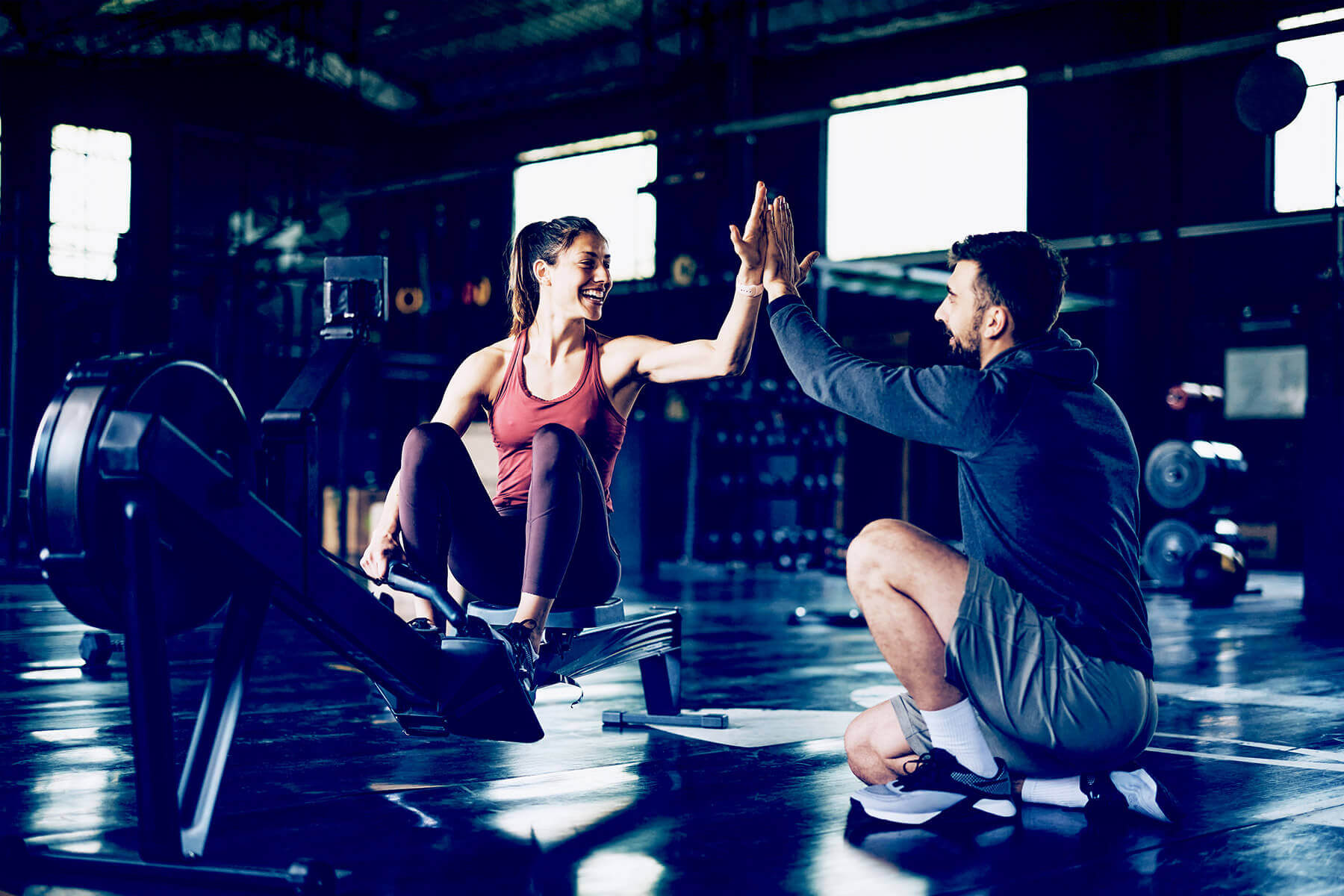Does supervised training make a difference for gains or are you better training alone ?
Overview
What did they test? The researchers compared the effects of supervised versus unsupervised resistance training on muscle strength, hypertrophy, and body composition in resistance-trained individuals.
What did they find? The study found that supervised training led to greater hypertrophy gains, and increased squat strength compared to unsupervised training.
What does it mean for you? For those engaged in resistance training, training with a friend or an exercise professional may help you take your gains to the next level.
What’s the Problem?
As we’ve discussed multiple times before, making serious muscle gains comes down to manipulating different resistance training related variables such as the number of sets you perform per session and per week, the weight you lift, and the frequency of workouts. Although we do not have answers for every question regarding the above variables, we have a pretty good idea of what you need to do in order to make substantial muscle gains. Yet, a gap exists between the controlled, supervised environments of these studies and the more variable, often solitary nature of everyday workouts. This discrepancy leads to the following question: Can the insights gained from research under strict supervision be directly applied to those training independently?
For those of you that may be unaware of what supervised training looks like in a research lab setting, it’s very much not what many social media influencers present it to be. It’s not a bunch of lab coat nerds calmly asking the participants to lift the weight up and down until they don’t feel like it anymore (unless of course that’s the aim of the study 😂). In studies where participants are required to reach muscular failure, the researchers involved in the data collection process are often literally screaming words of encouragement at the participants, often resulting in multiple research assistants screaming together when they see an individual reach those last few slow reps.

So why would training supervised actually be better than training on your own?
The rationale for supervised training's being potentially better for gains is somewhat multifactorial. A critical aspect is the effort intensity, ie: how closely one approaches muscular failure during each set, which is believed to be essential for maximizing gains 1. Supervision could potentially amplify this effort, as the presence of a trainer or a gym partner encourages pushing beyond perceived limits. Moreover, exercise execution can also play an important role in maximizing gains with certain aspects of exercise technique (eg: ROM and tempo) directly influencing the effectiveness of each exercise in targeting specific muscles. This is also somewhat true for those looking to solely increase their lift-specific strength as one’s technical efficiency on an exercise like the squat or the deadlift can have a direct impact on how much weight they can lift. Under a watchful eye, adjustments can be made in real-time to ensure optimal technique, potentially leading to better overall muscle and strength development.
Despite these seemingly obvious advantages, empirical evidence on the matter remains sparse and inconclusive, particularly regarding those already experienced in resistance training. Prior analyses, one actually done by our research group 2, offer limited insight into how supervision might impact their muscle growth and body composition changes, especially in resistance-trained individuals.. Furthermore, existing studies often rely on indirect methods to measure these changes, such as dual-energy X-ray absorptiometry or bioelectrical impedance analysis, which, while useful, are not as accurate as direct measurements of muscle hypertrophy (eg: Ultrasound).







